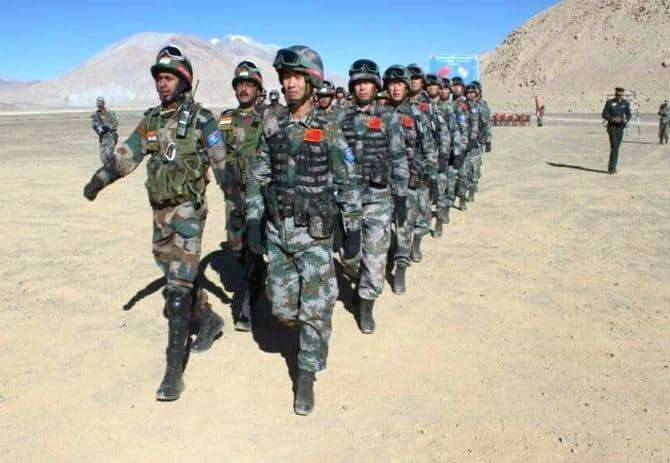Last Updated on December 23, 2020 at 3:38 pm
Chinese intrusions in Eastern Ladakh earlier this year point to an intelligence failure. Many analysts have demanded to reform India’s intelligence system to fix loopholes and avoid a similar ill-fate in the future.

M K Narayanan, the former National Security Adviser, argues that it is obvious that leaders make better decisions when they have better information. The Chinese did not try to hide PLA troop mobilisations in Pangong Tso and Hotsprings-Gogra thus, there was no question of them having evaded India’s high-quality imagery intelligence (IMINT) and signals intelligence (SIGINT) capabilities. He believes that the intelligence failure occurred at the “interpretation” or “analysis” stage. He says that Indian intelligence analysts failed to understand China’s intentions in time. He opposes the decision of the National Security Council Secretariat (NSCS) to dismantle the Joint Intelligence Committee (JIC), and says that there is a lack of China experts in India’s premier foreign intelligence agency, R&AW.
China experts are still finding it hard to explain Beijing’s intentions. For example, it was very hard to predict that China, which was in the middle of facing global censure for mishandling the outbreak of a pandemic, a slowing economy, and after two (reasonably successful) informal summits in Wuhan and Chennai, would initiate trouble on the LAC and risk relations with India.
Betts has argued that setting up bodies for intelligence processing such as the JIC does not guarantee better judgement.
In both the Kargil crisis and the current stand-off on the Sino-Indian border, India’s enemies chose time period when expectations of aggression by India would be very low. Indian forces cannot constantly remain in a heightened state of military preparedness but a base level of vigilance in low-threat situations moving forward should be achieved. Learning from each intelligence failure is very important for any nation. Since intelligence is limited, it should mean a greater focus on deterrence strategy. If India cannot rely on its intelligence to counter Chinese forces on the border in every situation then it must have efficient back-up options for deterrence by punishment (such as a larger, better-equipped and more efficient counter-offensive Mountain Strike Force).



